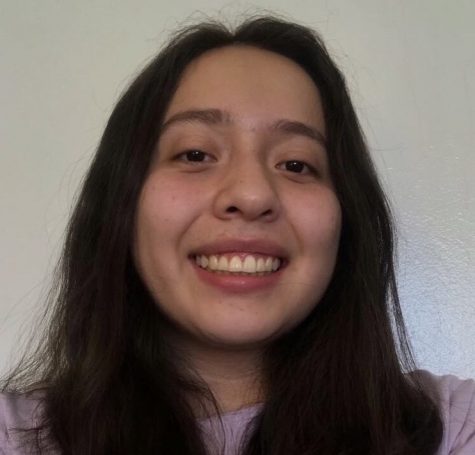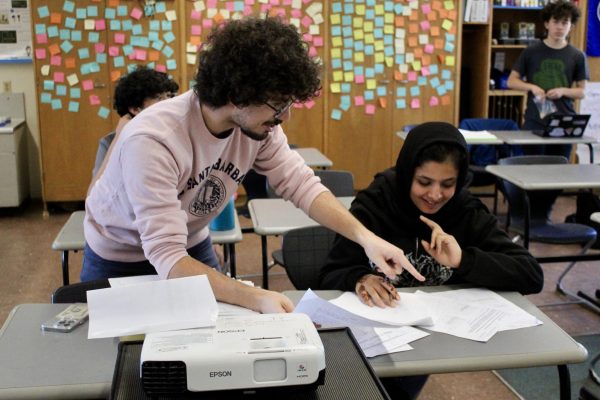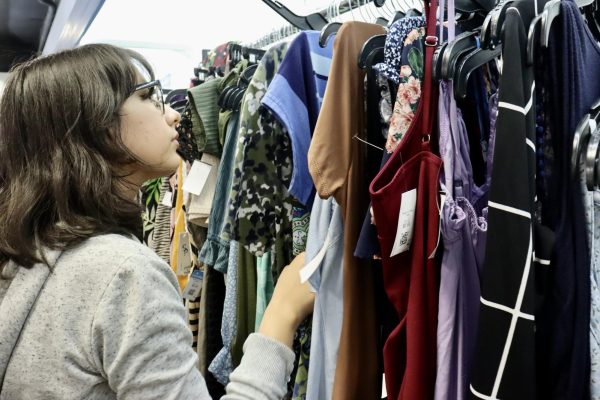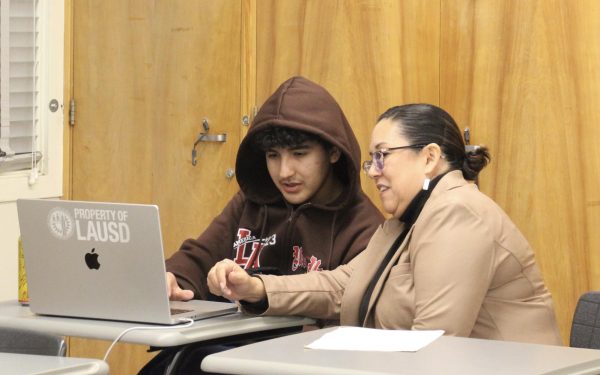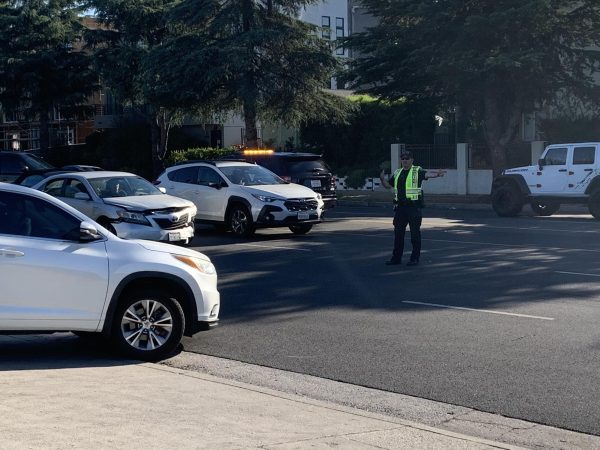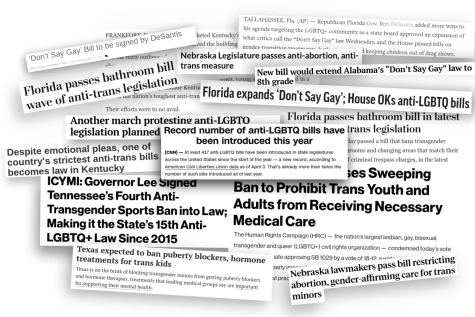She Has a Name: Violence Against Black Trans Women is a National Crisis
December 16, 2019
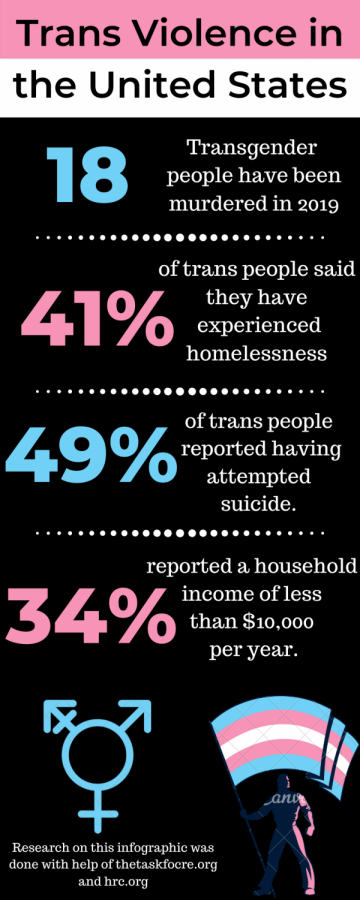
Transgender women are at a higher risk of homelessness and attending suicide, according to The Task Force.
At only 23 years old, Bee Love Slater was found burned beyond recognition in an abandoned car in Clewiston, Florida, on Sept. 4.
Slater was a black trans woman and the 22nd to have been murdered as of Nov. 18. All women who were killed were between the ages of 18-40, except Bailey Reeves, a 17-year-old girl who was fatally shot and killed on Sept. 2 in Baltimore, Maryland.
“I would like (black trans women) to be humanized and treated the same as their cis counterparts,” said senior Melanie Damocles, co-president of Daniel Pearl Magnet’s Pride Club, a club that provides a safe space and organizes events for LGBTQ+ students. “With Trump, he’s banned trans people from the military. In politics, it’s a hope for the best, expect the worst thing.”
The number of hate crimes against trans people increased by 17 percent during 2017 in the US. It’s becoming more dangerous for black and brown trans women to live and exist in peace.
“According to available tracking, fatal anti-transgender violence in the US is on the rise, and most victims were black transgender women,” American Medical Association Board Member S. Bobby Mukkamala said at the organization’s annual meeting in June.
Black trans women are one of the most vulnerable communities in America. In 2015, the U.S. Transgender Survey reported that 51 percent of black participants had experienced homelessness. Paired with a lack of access to healthcare, substantial employment and safe spaces, this makes trans women of color more susceptible to the violence they so frequently experience.
Organizations around the country are working to combat this injustice at local levels. Here in Los Angeles, the L.A. LGBT Center, the largest facility worldwide providing services to LGBTQ+ folks, has housing and support services directly targeted toward trans people to thrive in a safe, healthy space.
“The Center’s programs and services are open and accessible to everyone in the community,” the Center said in a statement. “From providing leading-edge to hosting the nation’s largest Transgender Pride Festival, no organization offers a wider range of transgender-specific programming.”
According to law firm Sylvia Rivera Law Project, “Over-policing and profiling of low-income people and of trans and gender-nonconforming people intersect, producing a far higher risk than average of imprisonment, police harassment and violence for low-income trans people.”
Last April, President Donald Trump signed the FOSTA-SESTA Act into law. Written to combat sex trafficking, this law prohibits all advertisement of sexual services. This has severely impacted trans women as it allows law enforcement officers to profile and arrest women whom they think look “suspicious.”
Trans discrimination in professional workspaces also doesn’t provide a lot of work opportunities for trans women. Those who are sex workers are criminalized and kept in prison on petty charges with unrealistic bail.
A most recent example was 27-year-old Layleen Polanco, who died in solitary confinement at Rikers Island jail in New York, on June 7 due to unknown causes that the New York Police Department still has not provided answers for. Polanco stayed imprisoned because she could not afford her $500 bail.
Democratic candidates have come forward and spoken out for justice for black trans women.
“The murders of black trans women in America are a crisis. We must call it out and fight back until everyone is free to be who they are without fear,” Senator Elizabeth Warren tweeted on July 23.
So far none of the candidates proposed policy to combat anti-trans violence. However, candidate Bernie Sanders among others voted in favor of the FOSTA – SESTA Act.
There has also been an outcry from trans public figures. Actor Indya Moore wore earrings to New York Fashion Week on Sep. 5 adorned with the portraits of 18 slain women and their clutch displayed Bailey Reeves’ image.
“Existence that requires bravery is not freedom. A life that requires bravery is not freedom,” Moore said during their acceptance speech for Magazine Cover of the Year. “I accept this award in honor of the truth that the best award—the award we all deserve—is to be able to get home safe.”


